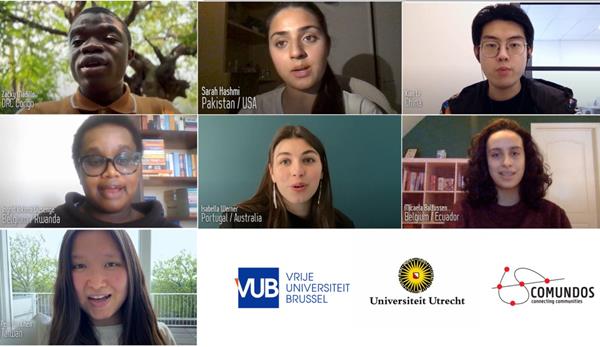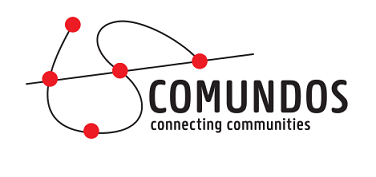The Power of Intercultural Skills

Intercultural communication is the exchange of information between individuals who are unalike culturally.
‘’Why is it important and imperative to have intercultural skills?’’
Globalization and Changing Demographics:
“Well, whether we see it positively or negatively, globalization is a dominant force shaping our current society. It has made our world smaller, connecting people and cultures across borders, through trade, technology, and travel and migration. “
“Our world is becoming more diverse. With changing demographics, our neighborhoods and workplaces are changing, people from different backgrounds are living and working together more than ever before. Understanding and respecting other cultures becomes essential for success, whether in work or social life.”
‘’When all these different cultures interact, conflict can arise.’’
As immigration, communication, media, economy, and transportation continue to link the world,... multiculturalism is expected to further increase. Whether it's at school, at work, or in the world at large, it's important to learn how to handle these conflicts peacefully.
Take global warming, for example. It's a complex issue that requires collaboration and understanding among nations with diverse cultural, economic, and political backgrounds. Developing skills to understand and respect different perspectives helps us resolve disagreements and build stronger relationships.
Rise in populism tends to xenophobia and stereotyping
In our interconnected world, prejudices often start with harmless remarks like: ‘’I'm not racist, but…’’ or ‘’It's just a joke., ‘’ or ‘’‘Some of my best friends are…’’
These words often escalate and lead to discrimination or worse, going from insults to avoidance over discrimination, physical violence and in extreme cases extermination. As you can see in the Allport scale, small jokes lead to prejudice against a minority, which can evolve into verbal insults, to discrimination, to violence and in extreme cases to extermination.
Intercultural skills are crucial in breaking this cycle.
We are not born with stereotypes, they are learned and reinforced by societal portrayals and personal experiences.
Learning these skills helps us break down stereotypes and build understanding. By actively connecting with diverse communities, listening to their stories, and recognizing our own biases, we can take down the barriers that fuel discrimination.This also means that we have to be aware of our own privileges
Personal growth and responsibility
Last but not least, let’s talk about our personal growth and responsibility, and why it’s so important in this whole intercultural skills topic. Interacting with different cultures is not just about knowing how to say 'hello' in different languages or trying different exotic foods. It’s about understanding ourselves better while also getting to know people from totally different backgrounds. Throughout our lives we have the chance to learn about people, their different ways of being and their cultures. And we’ve got a choice! We can shy away from these opportunities and live in our own bubble or we can embrace those differences and learn from them!
When we dive into learning about other cultures we're broadening our horizons and learning about our own identity and culture. . It´s up to you to take responsibility, foster understanding and respect, making your world a better place, while also enriching your own personal growth!
The characteristics of an ethical intercultural communicator
But what are these skills? What makes us a good intercultural communicator?
For that we must:
-
Treat everyone as equals, regardless of their differences
-
Actively engage with people from diverse backgrounds
-
Listen without judgment
-
Ask questions patiently to better understand others
-
Understand that misunderstandings can arise
-
Make an effort to learn about other cultures
-
Value cooperation and peaceful conflict resolution
-
Acknowledge diversity within cultural groups
-
Include all voices in conversations
-
Most importantly: Show respect to everyone, regardless of cultural differences
“It is not our differences that divide us. It is our inability to recognize, accept, and celebrate those differences. “(Lorde 1986: 197)”
A gift for Comundos
Over the years, Comundos has helped remote communities around the world by teaching critical thinking, media literacy and the use of communication technology.
To do this effectively, we need your support for computers, translations, courses and social media management.
Thank you .
BE11 1030 2973 8248




